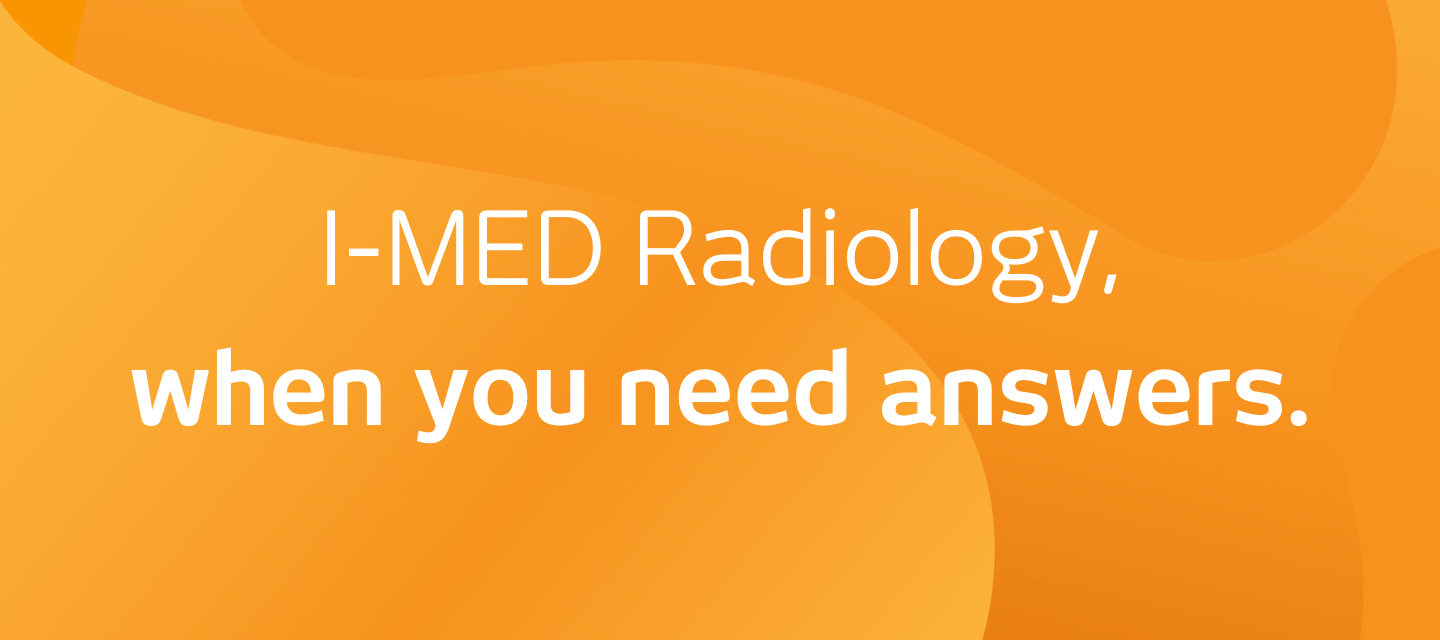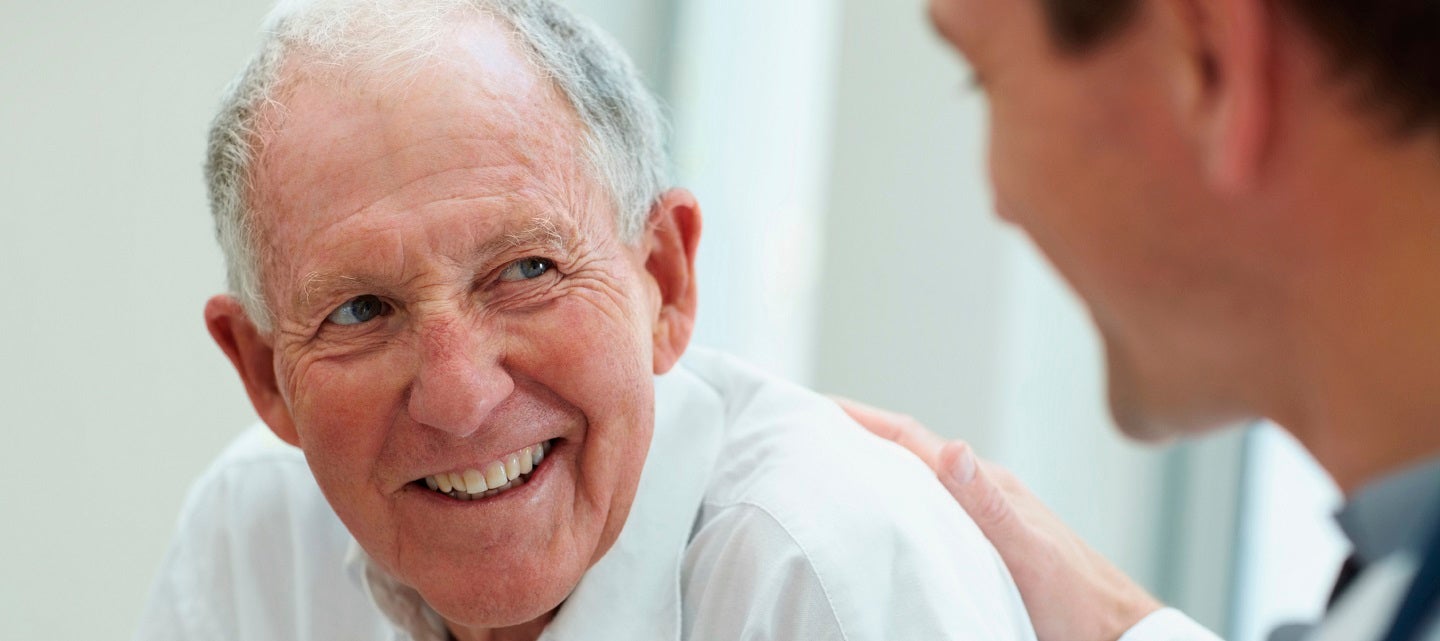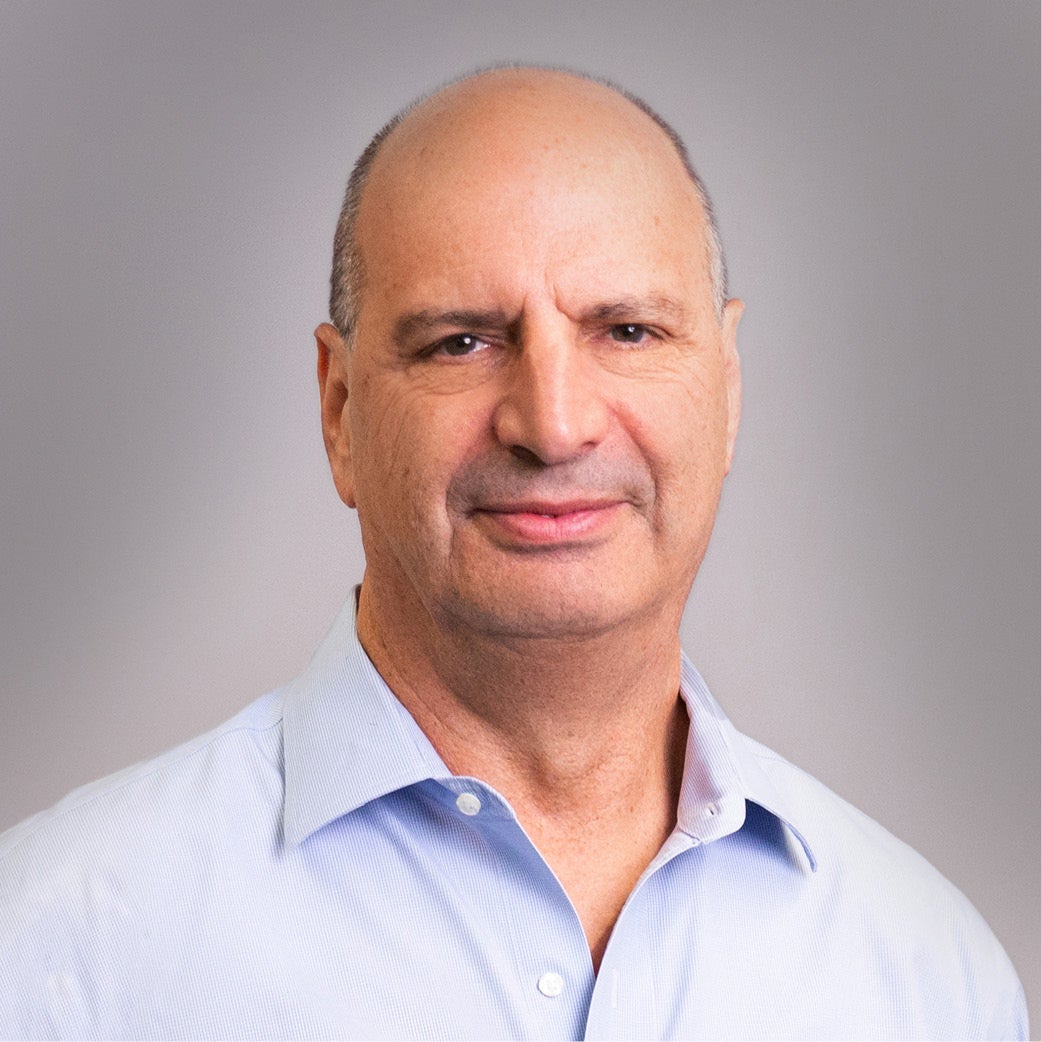

Image-guided biopsy
Image-guided biopsy

What is an image guided biopsy?
Biopsy is a procedure in which samples of tissue (core) or fluid (aspiration) are taken through a needle and sometimes under local anaesthetic. This may be performed using ultrasound guidance or CT (Computed Tomography) scan.
The radiologist will insert a needle to take a sample of cells, which are then sent to a pathology laboratory where a specialist pathology doctor will interpret the specimen. The pathology report will be sent to your referring doctor who will then convey these results to you.
How much will my procedure cost?
Fees for radiology procedures vary and depend on a number of factors, including the type of procedure, what has been requested on your referral and the Medicare rebates available. We will advise you of any fees associated with your examination at the time of making your appointment or when you arrive at the clinic. Alternatively you can contact us and one of our team will be happy to answer any queries regarding fees. For more information about fees and rebates please visit our account FAQs.
How do I prepare for an image guided biopsy? keyboard_arrow_down
No preparation is required.
Anticoagulants - If you take blood thinners such as Warfarin or Aspirin you may need to stop this medication prior to the procedure. Please discuss this with your doctor and inform us when you make your appointment.
Heart valve replacement - If you have a heart valve replacement, please discuss this with your doctor and inform us when you make your appointment.
What happens during an image guided biopsy? keyboard_arrow_down
The procedure may be undertaken using either ultrasound or CT to localise the biopsy site.
Our radiologist will discuss the procedure and associated risks with you. The area to be biopsied will be checked and an area of skin will be cleaned with an antiseptic.
The radiologist may inject a local anaesthetic to numb the skin, and insert a needle to obtain some tissue. Several samples of tissue may be required.
The sample(s) will be sent to Pathology for study and the pathologist will send a report to your referring doctor. This usually takes two to four days.
Depending on the area biopsied you may be required to have an x-ray immediately after the biopsy. You may then be observed in our clinic for up to four hours.
How long does an image guided biopsy take? keyboard_arrow_down
The whole procedure will take between 30 and 60 minutes to complete.
Are there any after effects of an image guided biopsy? keyboard_arrow_down
Rarely are there any significant complications such as infection or excess bleeding.
You may feel more comfortable having someone with you to drive you home, however this is not always necessary.
Liver biopsy patients are required to remain at the clinic for approximately one hour following the procedure and organise for someone to drive you home.
You will need to take the rest of the day off work.
Following the procedure there may be some discomfort. If required, a simple analgesic such as Panadol (not Aspirin) should be sufficient. You should avoid strenuous activity for 24 hours following the biopsy.
If you experience any issues or have any questions post procedure we urge you to call the clinic where the procedure took place, and seek advice/assistance from the radiologist who performed the procedure.
How do I get my results? keyboard_arrow_down
Your doctor will receive a written report on your test as soon as is practicable.
It is very important that you discuss the results with the doctor who referred you so they can explain what the results mean for you.
Most results are normal. Occasionally, small changes are seen that need further review.
If your results are normal you will be able to return for routine screening (usually every 2 years). If your results are uncertain or show changes you may need to consider additional imaging (diagnostic mammogram, ultrasound, or biopsy) in discussion with your referring doctor.
Related procedures

This information has been reviewed and approved by Dr Ronald Shnier (I-MED Chief Medical Officer).
Related articles

Related procedures

This information has been reviewed and approved by Dr Ronald Shnier (I-MED Chief Medical Officer).
How much will my procedure cost?
Fees for radiology procedures vary and depend on a number of factors, including the type of procedure, what has been requested on your referral and the Medicare rebates available. We will advise you of any fees associated with your examination at the time of making your appointment or when you arrive at the clinic. Alternatively you can contact us and one of our team will be happy to answer any queries regarding fees. For more information about fees and rebates please visit our account FAQs.
Related articles

